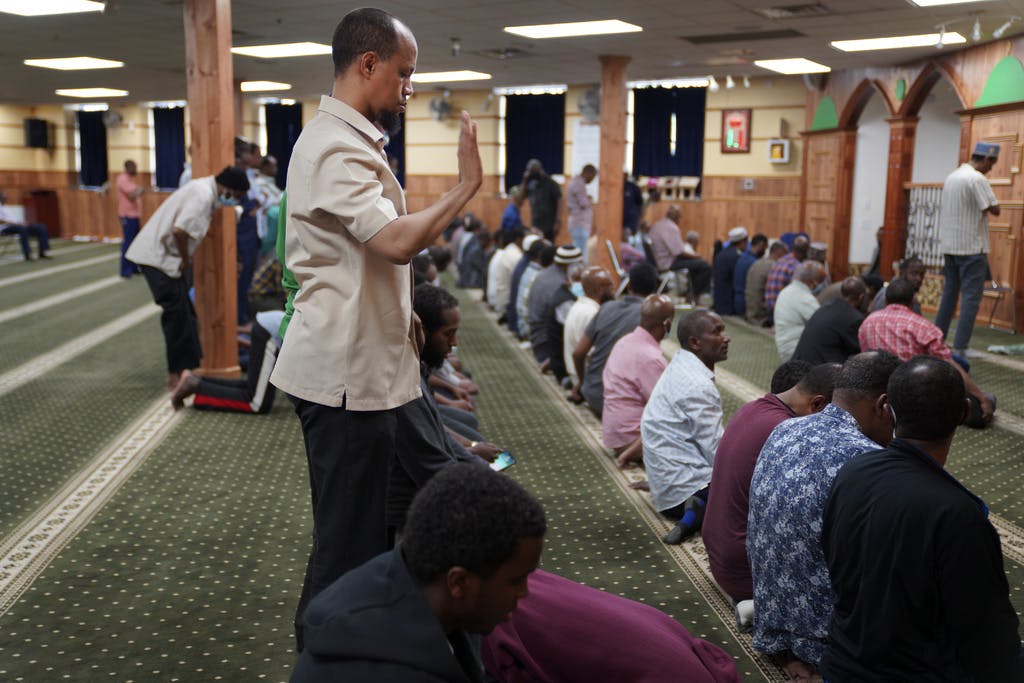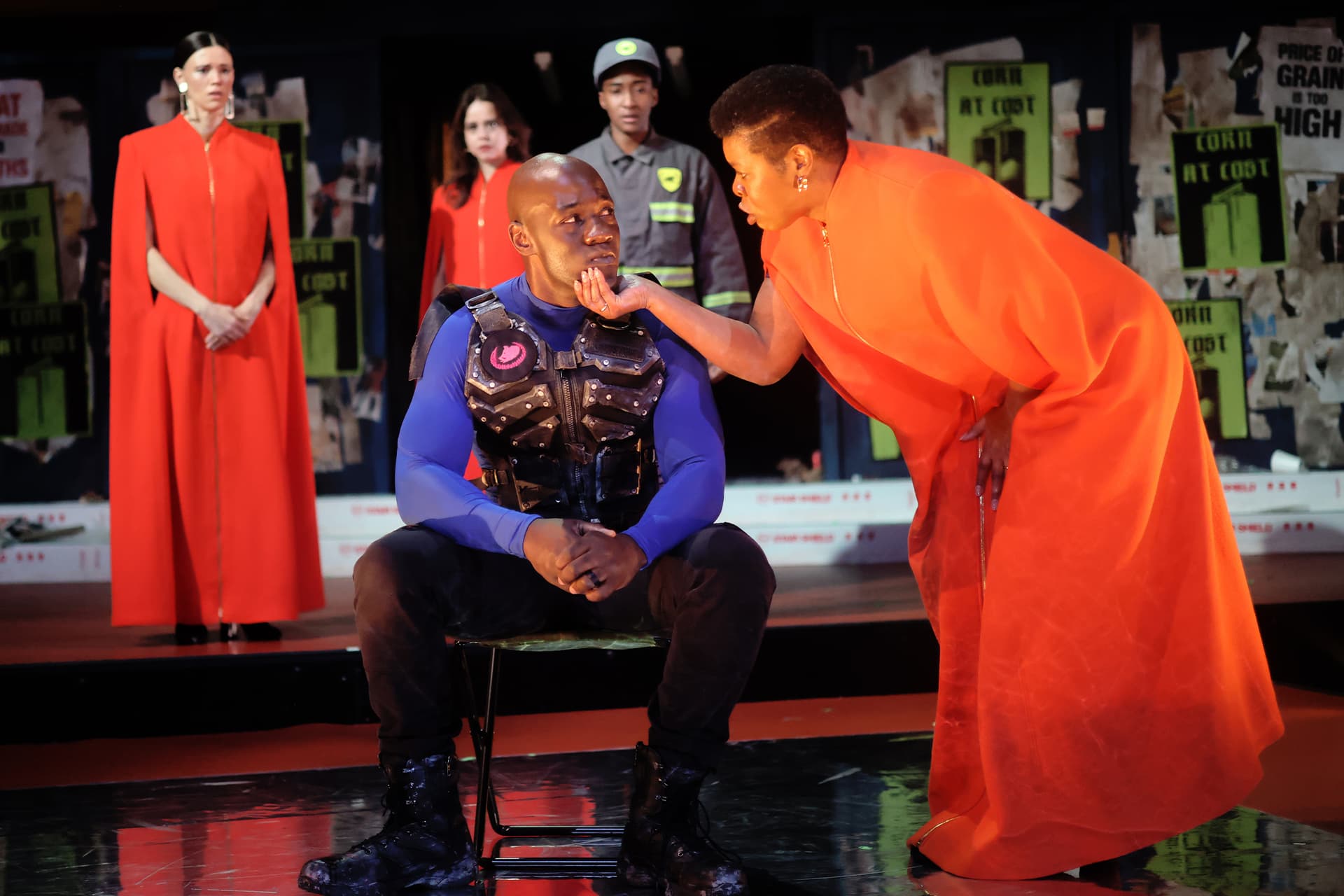
Homeland Security Shutdown Looks Set To Drag On, Bringing New Headaches for Air Travelers
By JOSEPH CURL
|The city council unanimously agreed to amend the city’s noise ordinance, which had prevented dawn and late evening calls at certain times of the year due to noise restrictions.

Already have a subscription? Sign in to continue reading

By JOSEPH CURL
|
By VERONIQUE de RUGY
|
By ELYSA GARDNER
$0.01/day for 60 days
Cancel anytime
By continuing you agree to our Privacy Policy and Terms of Service.